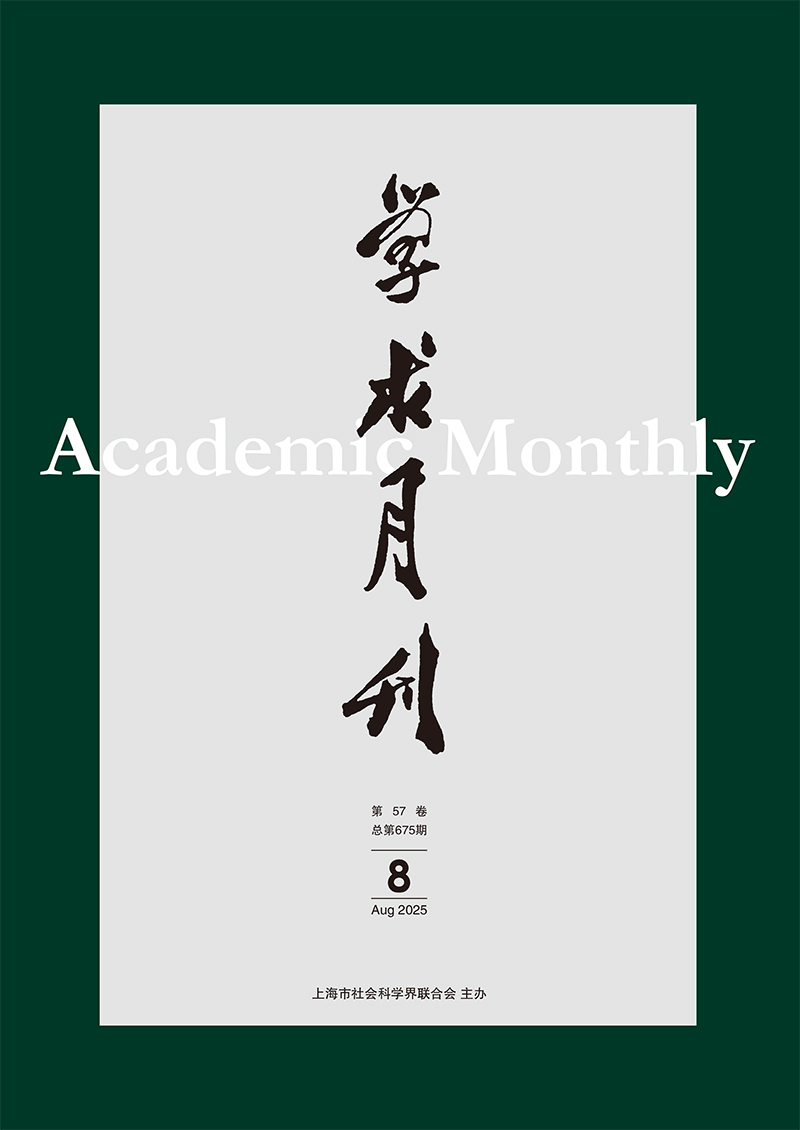The Appropriate Use of Extraterritorial Chinese Texts in the Study of Classical Chinese Literature——Taking the Debate on Wang Changling as “Poetry Emperor” and “Poetry Master” as an Example
Abstract: The discovery and compilation of overseas Chinese texts have significantly contributed to the study of ancient Chinese literature. However, in recent years, there has been a tendency to overstate their value, leading to excessive emphasis. The debate over whether Wang Changling should be titled the "Poetry Master" or the "Poetry Emperor" gained new attention with the emergence of overseas Chinese text "evidence"-the Japanese document "Ruritai Poets' Portraits of Thirty-Six People". This document was considered another version of the Tang Dynasty's "Liulitang Moke Tu"(《琉璃堂墨客图》), thus casting doubt on the accuracy and authority of the Chinese transmitted version of "Liulitang Moke Tu". In fact, the Japanese "Ruritai Poets' Portraits of Thirty-Six People" is not another version of the Chinese "Liulitang Moke Tu", but rather a Japanese work that cannot prove the Chinese "Liulitang Moke Tu" is incorrect in its designation of Wang Changling as "Poetry Master". Additionally, Chinese domestic texts such as "Lin Hejing Ji"(《林和靖集》) and "Tang Caizi Zhuan"(《唐才子传》) sufficiently confirm the accuracy of the "Poetry Master" title for Wang Changling. As overseas Sinology continues to develop, more overseas Chinese texts are being discovered and compiled, necessitating a proper understanding of the relationship between overseas Chinese literature and domestically transmitted texts.



 沪公网安备 31010102003103号
沪公网安备 31010102003103号 DownLoad:
DownLoad: